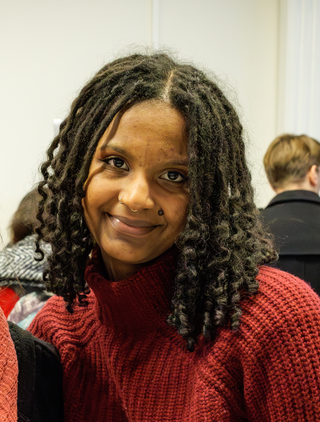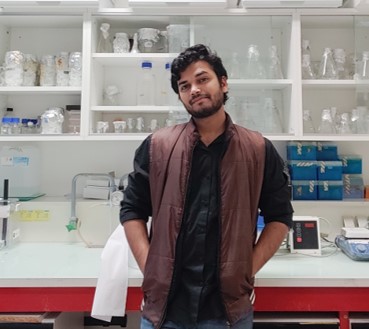A portrait of our newly minted IMCBio PhD researchers
After two stimulating rounds of PhD applicant interviews in the late Spring – early Summer, we are welcoming in Strasbourg the new IMCBio PhD students. Eleven young researchers are starting their PhD within the IMCBio program this Fall.
We will present in this section brief biographies of these new IMCBio colleagues. Make sure to keep an eye on our news posts!
Lina Sène – PhD Student – Bertrand Séraphin’s team, IGBMC
Lina Sène obtained her Master’s degree in Molecular Biology and Genetics at Strasbourg University in 2023. In parallel with her Master’s degree, Lina was a member of the IMCBio Master program. This program enabled her to do three internships in laboratories on different themes related to her training and interests.
She has always been fascinated by the different mechanisms that ensure the fine regulation of gene expression, especially the regulatory pathways involving mRNA synthesis, metabolism and degradation.
Since September 2023, Lina is a first year IMCBio PhD student in the “Protein networks and complexes regulating eukaryotic messenger RNA decay” team led by Bertrand Séraphin at the IGBMC. Her PhD project is focusing on understanding the impact of the m6A modification on mRNAs during meiosis in Saccharomyces cerevisiae.
Being part of the IMCBio program represents an opportunity to train in an international, interdisciplinary research center under expert guidance, and to provide a solid foundation for her future research career.

Navneet Yadav – PhD Student – Manfred Heinlein’s team, NetRNA
Navneet Yadav comes from Mughalsarai, a small town in India that depends mostly on agriculture. Since october 2023, he joined the team of Dr. Manfred Heinlein to study the mechanism and signaling of viral suppression by movement protein of plant viruses.
He had an inclination towards biology from middle school but he founds his interest in plant science during his undergraduate degree, where he did his master thesis on chromium induced stress on plant metabolism and development. He also worked with Vigna radiata and Oriza sativa, along with studying drought and salt tolerance.
In the two years, he published a review paper and submitted two manuscripts for research publication which are under review.
According to him, choosing the IMCBio program was easy : the glorious history of the Unistra in the Nobel Prize is the testimony to the quality of the research work being done. His PhD project, along with the all-round international research exposure at IBMP-CNRS are thereforehis major reasons. In addition, he believes it offers an educational environment and chances of interdisciplinary collaborations for growth as an early career researcher.
But, as interesting as research work is, it gets monotonous. In such a case, Navneet Tadav leans on poetry, cricket, reading fiction and road trips.

